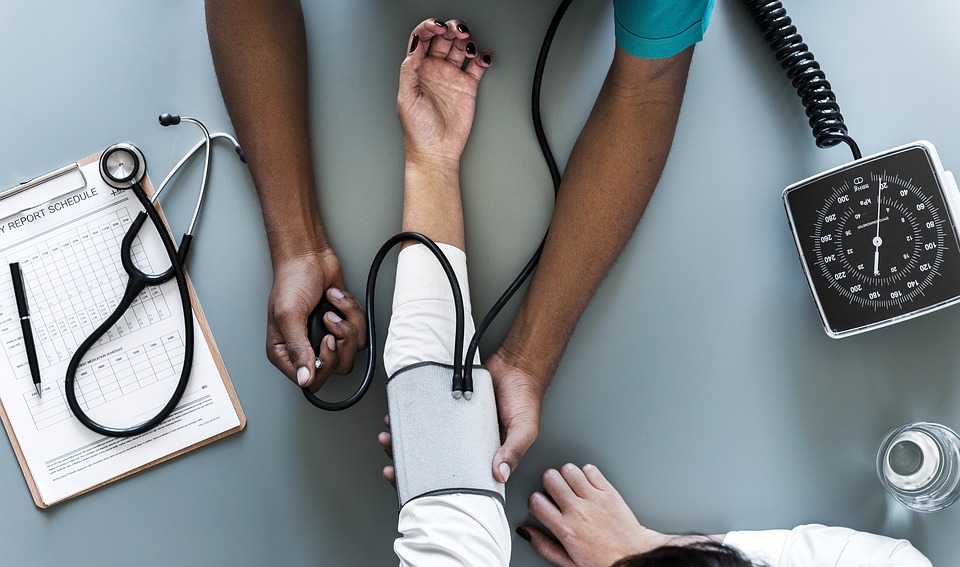
Have you noticed a difference in your muscles since you turned 50? Not just loss of tone, but overall mass, too? Most people don't realize that you lose about 3/4 of a pound of muscle per year, beginning at about the age of 30, and regardless of how naturally fit you are. Unless you work out like a pro body builder and eat your weight in steak every day, it's inevitable. The condition is called sarcopenia, and it's a natural side-effect of aging. Studies show that mature adults who don't do something to reverse the situation are prone to more fractures and other issues due to losing muscle. What's more, changes to digestion, metabolism and appetite mean that seniors can't easily consume enough protein-rich foods to make up the deficit.
Why Do You Need So Much Protein?
Most nutrition advice focuses on fruits and vegetables, but protein is just as essential, especially as we get older. Protein doesn't just help you maintain your muscle mass. It also adds to stability and mobility, and lean meat contains essential nutrients that your body doesn't make - or make enough of - as we get older. In fact, nine of the most essential amino acids necessary for health and optimal functioning can't be produced by our own bodies and must be obtained from outside source. Animal-based proteins are comprised of the amino acids that break down during the digestive process. These are the building blocks that promote muscle building and strength. They're known as "complete proteins." The only vegetable-based protein sources that provide some of these are soy and quinoa.
How Much Protein is Enough?
For those who don't eat meat, or don't consume enough to make up the deficit, may be wondering how much protein is necessary for optimal health, and where to find it. The general rule of thumb is to eat 0.8 grams of protein for every kilogram of body weight; those who already have sarcopenia need even more, as much as 1.5 grams. That means that an adult who weighs 180 pounds should consume an extra 4.3 grams of protein each day, or about 30 percent of your total caloric intake. According to nutritionists, the top five healthy sources of complete proteins are: · Legumes, which includes dried peas, lentils and beans · Wild salmon · Eggs · Greek yogurt · Poultry You can also eat lean beef, lamb, nuts, and dairy products. Products like Metagenics advanced formula protein powder will help you get the extra protein you need to maintain muscle mass without adding unnecessary calories. You can find protein shakes and powders online, at health food stores and various retail outlets that sell supplements.